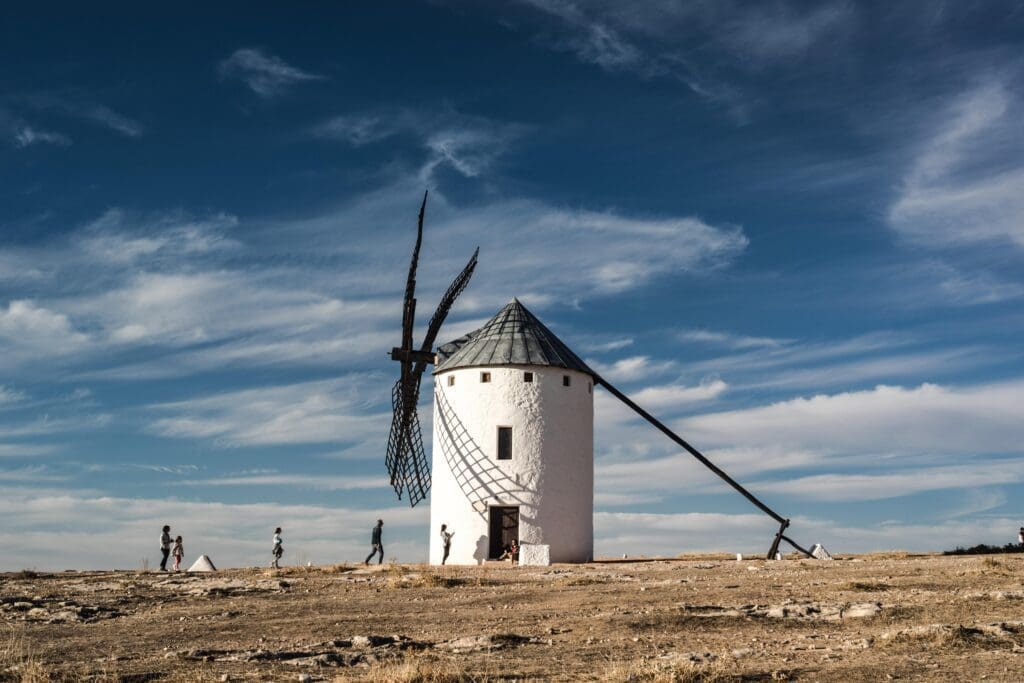

Scientific Updates in the Pandemic Era: VSS #31 | Advocating for Science and Unity
Introduction
The COVID-19 pandemic has affected every aspect of life, including the scientific community. Researchers have had to adapt to new working conditions, including remote work and social distancing measures. Despite these challenges, the scientific community has continued to make progress in understanding the virus and developing treatments and vaccines. In this article, we will discuss some of the updates from the scientific community during the pandemic.
Research Updates
One of the most significant developments during the pandemic has been the development of vaccines. Several vaccines have been developed and approved for use, including the Pfizer-BioNTech, Moderna, and Johnson & Johnson vaccines. These vaccines have been shown to be highly effective in preventing COVID-19 and have been distributed worldwide. In addition to vaccines, researchers have also been studying treatments for COVID-19. One promising treatment is monoclonal antibody therapy, which has been shown to reduce hospitalizations and deaths in high-risk patients.
Another area of research during the pandemic has been the study of the long-term effects of COVID-19. Some patients who have recovered from COVID-19 continue to experience symptoms for months after their initial infection. These symptoms, known as long COVID, can include fatigue, shortness of breath, and brain fog. Researchers are working to understand the underlying causes of long COVID and develop treatments to help patients recover.
Challenges and Opportunities
While the pandemic has presented many challenges for the scientific community, it has also created opportunities for collaboration and innovation. Researchers have been able to share data and collaborate on projects more easily than ever before, thanks to advances in technology. The pandemic has also highlighted the importance of science and research in addressing global challenges.
However, the pandemic has also highlighted the need for greater investment in scientific research and infrastructure. Many researchers have faced funding cuts and delays due to the pandemic, which has slowed progress in some areas of research. In addition, the pandemic has exposed disparities in access to healthcare and resources, which must be addressed in order to ensure that everyone has access to the benefits of scientific research.
Conclusion
In conclusion, the COVID-19 pandemic has had a significant impact on the scientific community, but researchers have continued to make progress in understanding the virus and developing treatments and vaccines. The pandemic has presented both challenges and opportunities for the scientific community, and has highlighted the importance of science and research in addressing global challenges. Moving forward, it is important to continue to invest in scientific research and infrastructure, and to address disparities in access to healthcare and resources. By doing so, we can ensure that the benefits of scientific research are available to everyone
Original article Teaser
VSS Scientific Updates During Pandemic Times #31 | Voice for Science and Solidarity
1. Elevated Risk of Infection with SARS-CoV-2 Beta, Gamma, and Delta Variant Compared to Alpha Variant in Vaccinated Individuals“In contrast to vaccine-induced immunity, there was no increased risk for re-infection with Beta, Gamma or Delta variants relative to Alpha variant in individuals with infection-induced immunity.”https://www.science.org/doi/10.1126/scitranslmed.abn43382. COVID Virus May Tunnel through Nanotubes from Nose to Brain“Nanotubes may provide a cunning answer to the mystery of how the virus that causes COVID infects neurons and produces long-lasting neurological symptoms.”https://www.scientificamerican.com/article/covid-virus-may-tunnel-through-nanotubes-from-nose-to-brain/3. Highly-Vaccinated New Zealand COVID Death Rate at Record Levels“Once regarded as a model for preventing COVID infection, New Zealand’s swift response to the pandemic and its geographic isolation kept it largely free from the virus until the end of last
Details to VSS Scientific Updates During Pandemic Times #31 | Voice for Science and Solidarity









![sen.-katie-britt:-our-enemies-are-emboldened-by-[biden’s]-presidency](https://b2400116.smushcdn.com/2400116/wp-content/uploads/2024/05/1221089-sen-katie-britt-our-enemies-are-emboldened-by-bidens-presidency-480x272.jpg?lossy=2&strip=1&webp=1)